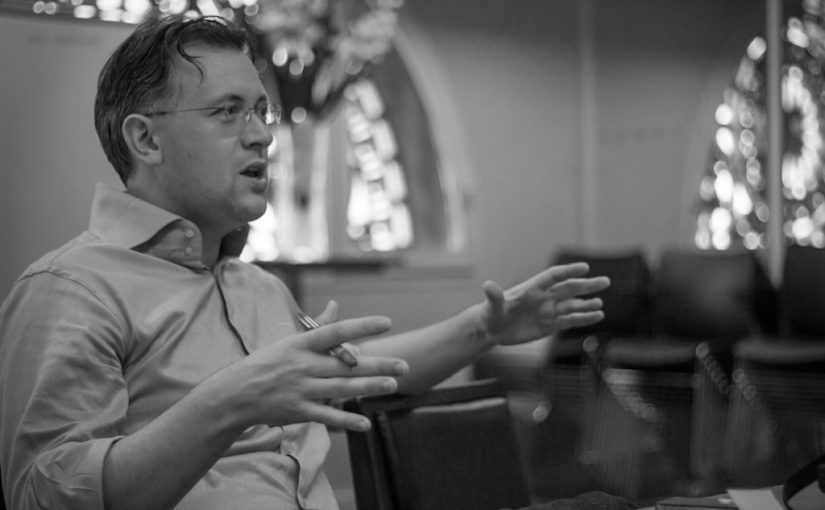The best thing I did for my career last year was becoming a mentor for 500 Startups. Mentoring is a great chance to give back and to contribute to your local community. I found that being a mentor also had some great side-effects such as exposing me to fresh perspectives, clarifying my thinking on industry issues, and building my professional network.
When I moved to New York, I decided that it was time to start giving more back to the startup community, so I contacted the 500 Startups team about becoming a mentor. 500 Startups is one of the leading accelerators and seed stage investors in the world. Their new marketing-focused investment fund is called 500 Distro (short for distribution) and they had a couple of new portfolio companies in New York that seemed like a potential fit, so I started mentoring one of them in February.
Everyone has their own style of mentoring. Personally, I wanted to treat mentoring like a marathon rather than a sprint. My goal was to work with the company for the whole year and to see them grow and evolve. I met with my mentee once a month and each session was about an hour long. We’d start by reviewing progress since the last session, and then dive into one or two key issues that the company was working on. We’d also briefly discuss any larger industry trends that we were both seeing and finish by setting goals for the upcoming month.
Mentoring makes you realize how far you’ve come in your own career and how much value you can add. You may actually know more than you realize you do. The best way to really test if you understand something is to try and explain it in simple enough terms that someone can act on it. Mentoring challenged me to articulate the lessons that I’ve learned from my own career in a clearer and more helpful manner.
Being a mentor is a great way to get exposure to different industries and to see challenges that are common across different companies. Before moving into marketing, I used to be a management consultant and the steady stream of new challenges and new clients kept me fresh. But when you’re working in-house on growing a single brand it can become a bit of a grind. Mentoring is a great chance to step outside of your day-to-day challenges and look at things from a different point of view. Seeing common issues across different companies and industries can also give you a better sense of perspective.
Mentoring is very different from consulting because you’re not there as a subject matter expert with a mandate to give advice. Instead, the best mentoring is about providing a sounding board for the mentee to get independent feedback and to talk through whatever is on their mind. Mentoring is like a conversation between friends who want each other to succeed.
I’ve been fortunate enough in my career to meet and learn from some truly inspirational people. Mentoring doesn’t always have to be a whole year long formal engagement, instead it can be as simple as having coffee with a young person that wants to break into your industry. Personally, I was lucky when I was starting out myself to have the chance to meet with and learn from some of the greatest people in my field. When I first moved into the area of design consulting, Tim Brown from IDEO accepted my invitation for coffee and I’ll never forget the hour that we spent together. I learned more in 60 minutes at Ideo walking around with Tim than I had from months of reading up on user experience and user interface design. Accepting coffee with a younger person is an easy first step into mentoring and one I highly recommend to anyone.
Being a mentor is something that you can take on at any stage in your career. You will get out more from being a mentor than you put in, and what you do put in will be very satisfying because you can see the improvement that someone is making. You just have to be willing to make the time.
